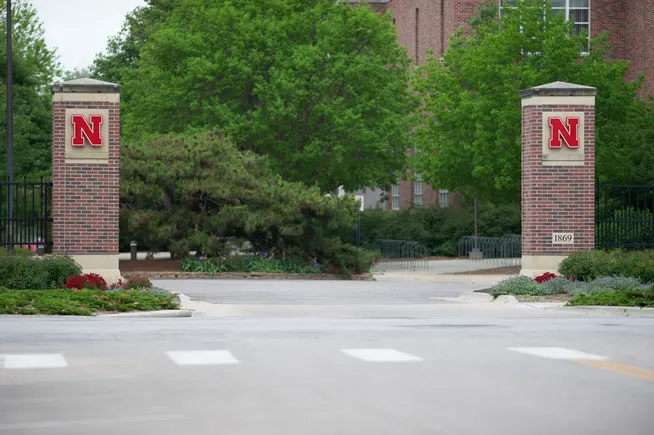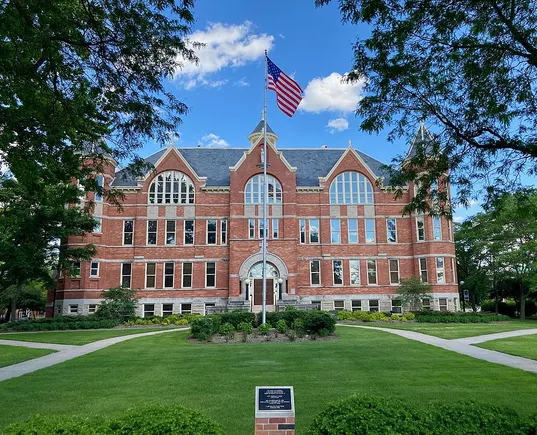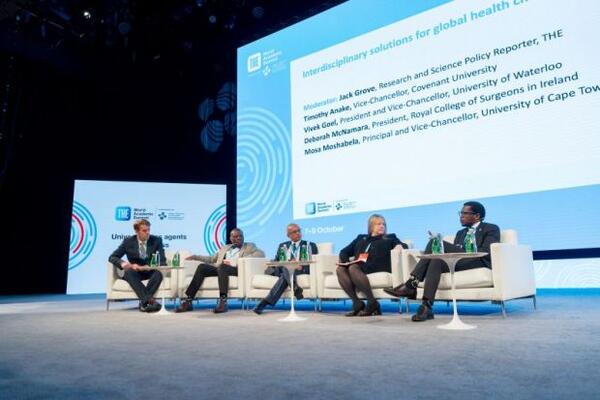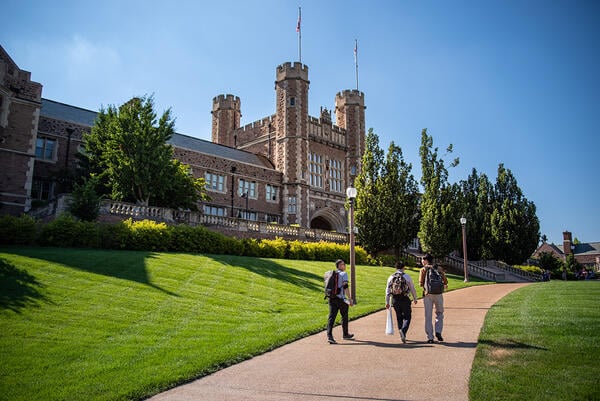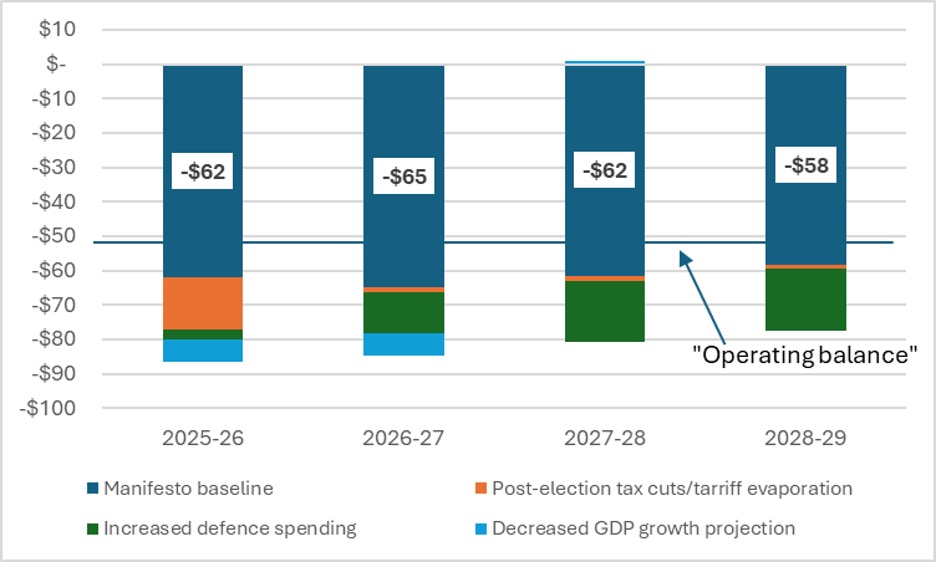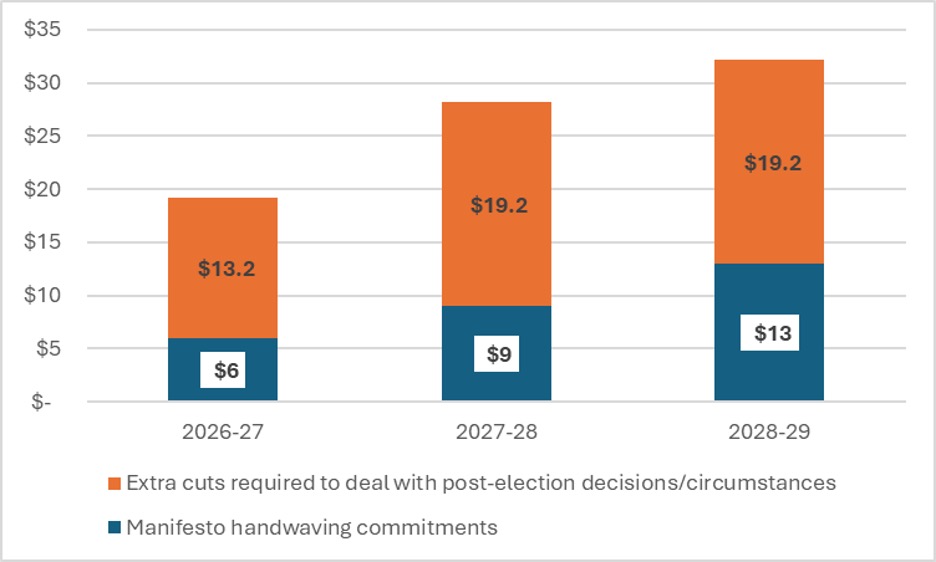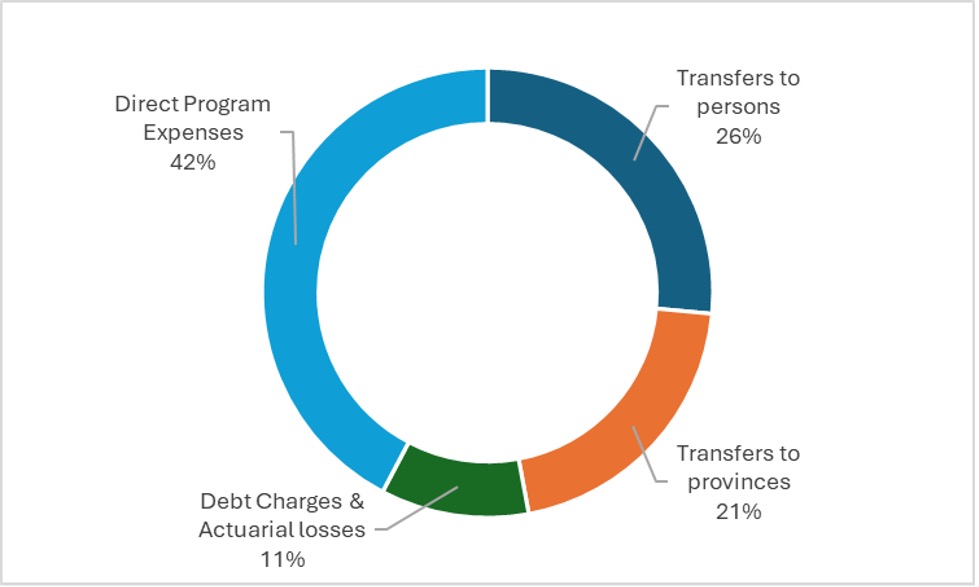An academic advisory group at the University of Nebraska-Lincoln has opposed most of the program cuts recommended by the institution’s chancellor and is calling for more time before considering major budget reductions.
A majority of the Academic Planning Committee members voted against eliminating four of the six programs put on the chopping block by UNL Chancellor Rodney Bennett in September as part of an effort to save $27.5 million annually.
The 21-person committee — composed of 10 faculty members as well as deans, administrators, staffers and students — officially issued its recommendation to Bennett in an Oct. 24 memo.
Bennett plans to issue his final recommendation in the coming weeks, and the University of Nebraska System regents will consider it in December.
In the memo, the committee pointed to concerns raised by faculty about the process Bennett and other UNL leaders used to determine which academic programs to slash. Those issues largely revolved around potential problems with the metrics and the short evaluation period used to make permanent decisions.
“We strongly recommend to the Chancellor, the President, and the Board of Regents that the approval of any budget cuts be delayed allowing time for units to identify creative alternative solutions that reduce or prevent the need for these cuts,” the committee said.
In a note Friday, Bennett thanked the committee for its work and said, “I am now carefully reviewing the APC’s recommendations and continuing consultations with our shared governance partners before finalizing the budget reduction plan.”
A ‘top-down’ process for judging programs
Over the past month, the academic planning committee has been collecting feedback from UNL stakeholders through hearings and nearly 3,000 submitted comments, the memo noted.
Many questioned the validity and usefulness of the statistical metrics and data used to evaluate programs, while also accusing the administration of not being transparent about those measures.
Those metrics led to Bennett’s proposal that UNL permanently eliminate degrees in community and regional planning; Earth and atmospheric sciences; educational administration; landscape architecture; statistics; and textiles, merchandising and fashion design.
In past budget deliberations, deans were given a target for reductions and could design unit-specific ways to meet goals, a process the committee described as “bottom-up.”
“In the current process, metrics were used in a ‘top-down’ approach to identify lower-performing units, and then a holistic review of those units was undertaken by upper administration,” the committee said.
Moreover, leaders only shared metrics to make program decisions confidentially with deans and the academic planning committee, which left faculty scrambling to understand those measures.
“No one was able to fully validate the metrics, either through confirming the accuracy of the underlying data or via analysis to confirm that the metrics were statistically valid ways to quantify the desired performance indicators,” the committee said.
For example, faculty from multiple units said that programs were revenue-positive, meaning cutting them would cost the university more in lost revenue than it saved in expenses. Others pointed to the extension work done by programs that make them important to the state and help UNL fulfill its mission as a public land-grant university.
But the comments from faculty and other UNL stakeholders weren’t just critical — they were also creative, suggesting alternative ways that programs and the university could save on costs or generate new revenue, the committee said. In fact, every unit had ideas of ways to generate revenue and save costs.
“Given that a budget deficit has been looming for years, it is unfortunate that the process was invoked with so little time to engage the creativity and collective intelligence of the full University community,” the committee said. “When the energy of our faculty, staff, students, and stakeholders is unleashed on the problem of the budget deficit, creative and selfless solutions can emerge.”
Given all those concerns, the committee voted against eliminating four of the programs that Bennett proposed slashing: community and regional planning, landscape architecture, statistics, and Earth and atmospheric sciences.
Those who voted in favor of eliminating UNL’s education administration program noted similar programs in the University of Nebraska System and state and concerns about its high graduate tuition remission rate, though they recognizeding its role in training state education leaders and the need for thoughtful deliberation before a final decision. Committee members who favored the administration’s plan to cut UNL’s textiles, merchandising and fashion design program hoped it could be realigned and retained.
‘I don’t see this financial crisis’
Meanwhile, UNL’s chapter of the American Association of University Professors has raised questions about whether the university is facing a true fiscal crisis that necessitates program cuts.
A financial analysis conducted for the AAUP chapter in October concluded that UNL has been in good fiscal health based on financial statements going back to 2019, with increasing net position, revenue that exceeded expenses in all but one year between fiscal 2016 and fiscal 2024, and high bond ratings for the University of Nebraska System.
At an Oct. 29 press conference, Bonnie Fox Garrity, a business professor at D’Youville University, in New York, and a financial analyst for the AAUP, said that UNL could avoid the proposed cuts. “I don’t see this financial crisis.”
The report also noted that the number of full-time instructors at UNL dropped by 7.8% between 2019 and 2025, while full-time noninstructional employees increased by 7.6%.
“Budgets are an expression of values,” Sarah Zuckerman, an educational administration professor at UNL and head of its AAUP chapter, said in a statement last week. “This budget reduction makes clear University leadership does not value the teaching and learning that is central to UNL’s contribution to Nebraska.”
Prior to Bennett’s proposal, UNL had already reduced its budget by tens of millions of dollars.
The academic planning committee acknowledged that UNL is “facing a significant budget deficit that must be addressed, and that this will necessitate hard decisions.” But the committee isolated the budget challenge’s source in lethargic public funding rather than the university’s expenses.
“We do not have a spending problem on this campus: we have an investment problem,” the committee said in its memo to Bennett. “This is evidenced by the fact that we have cut $75M from our budget in the last six years, yet this has failed to prevent our budget deficit from growing.”

